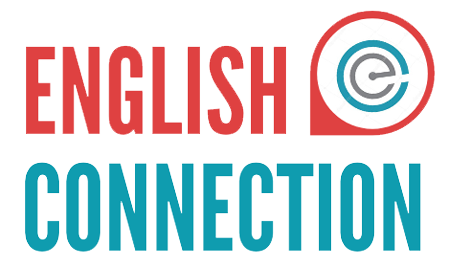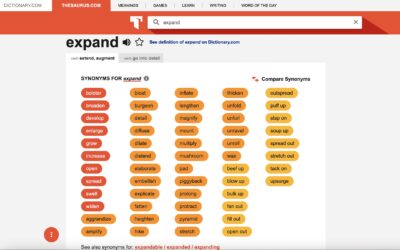
When leaning towards boosting your career, studies show that it is important to work toward better communication for success. One aspect of communication among others is grammar, or the specifics and structure of any given language. A frequent grammar question is: what is the difference between toward vs towards?
Knowing the answer won’t get you a better job or a promotion, but paying attention to the finer details such as grammar and spelling certainly won’t hinder your success in any way.
Should You Use Towards or Toward?
It’s hard to say if this is good news or bad news, but technically it doesn’t matter. Toward and towards both have the same meaning:
In the direction of; in relation to.
The difference in spelling is a matter of preference. The common British spelling is towards, with the additional consonant. Conversely, the widely accepted American and Canadian spelling is without the “s”, or toward.
Towards is the preferred British spelling:
He looked towards the direction of London
Toward is the preferred American spelling:
She is driving toward California from New York.
That makes things both easy and complicated. You’re right no matter what you choose! But if you want to show attention to detail, change your spelling based on the context. For example, a British reviewer may think your application contains an error if you use American spelling and vice versa.
Why Are There Two Spellings for One Word?
Language morphs over time. Linguistics is the study of how language changes and evolves and takes a more comprehensive approach to grammar than “right” and “wrong.” By looking at the history of a word and its usage, the reason for differentiations becomes apparent.
The preposition toward can be traced back to its first usage in Olde English. It was derived from the word “toweard” which was a conjugation of the adjective meaning “coming, facing, approaching.” Its original meaning hasn’t changed and it is still used as a preposition to mean “in the direction of.”
Although the etymology of the word hasn’t changed over time, the spelling has.
Using Towards in a Sentence
When to use towards: Towards has all the same definitions as toward. However, this is the preferred spelling in British English.
For example:
The man tanning on the beach turned towards the sunlight.
She’s putting the money from her job towards her college tuition.
The robber moved towards her victim
He led his sheep towards the shed.
Using Toward in a Sentence
Let’s practice a few ways you can use these words correctly in both varieties of English. Sentence
When to use toward: Toward usually acts as a preposition, but on rare occasions it can appear as an adjective. As a preposition it means in the direction of, for a certain purpose, near, facing, or in regards to.
For example,
The lion turned toward the zoo keeper.
The students’ behaviour toward the teachers is very positive.
My house is at the top of the hill, toward the big waterfall.
To remember which word is more common for American versus British English, it can help to remember that American English often has simplified versions of the British spelling, meaning the word has fewer letters – as in the case of towards and toward.
Sign up to join the English Connection community and get these complimentary bitesize lessons every week!






0 Comments